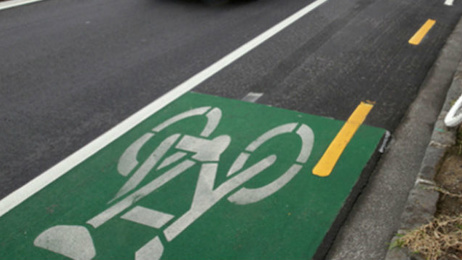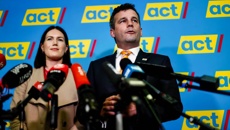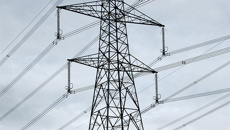In the wake of the murders of Hannah Clarke and her three children by a former New Zealander who burnt his family to death and then killed himself with a knife, which takes a lot of doing, there has been much wringing of hands.
But some are saying we must do something to prevent this from happening to one more woman, one more child.
In Australia, Heather Nancarrow, the chief executive of the Australian National Research Organisation for Women’s Safety, proposed a dramatic policy.
She reckons that during the period of separation, every man must be put on a program. Their mental health should be checked and scrutinised for signs of violence. All to make sure he is making the transition safely and does not become a risk to women, children or themselves.
Even Heather Nancarrow admits her idea is a radical one and it’s easy to pull it apart on logistics only. And when we concentrate on one gender only in the relationship transition process, we’re ignoring the vast majority of people going through this highly stressful and emotional time.
The proof of this was during morning talk back where we instantly had men saying that women were not blameless or just as bad but in different ways or just as capable of killing if they put their mind to it. And then the whole battle of the sexes resumes.
Heather Nancarrow has viewed this solely from the point of view of women’s safety and safety from male violence. All of which exists and deserves attention.
But in my 30 years of being around relationships, I’ve seen many break ups and some that were hugely traumatic. None of the break ups of people I have known has devolved into interpersonal violence. But that’s not to say there weren’t victims. Amongst my acquaintances, two people have lost their lives after a relationship dissolution.
But their death didn’t come at the hands of another but from their own hand. They committed suicide. Both were the wronged party, the one left behind by their partner. Both found it intolerable to live after the betrayal, impossible to carry on without the love of their life who had left them. One was a woman. One was a man.
Heather Nancarrow is right that men kill their partners at a worrying rate during separations and we need to be watching out for the men whose switch has flipped. She’s right to be concerned about people’s mental state at a time of separation. She is right that we should be on alert for our family and friends at these times. She’s right that if we’re concerned there should be a pathway or a resource we can access to help steer people away from the dark side.
What she got wrong is leaving out women from the monitoring. Separation stress and trauma doesn’t just drive men crazy. It’s not gender specific.
Where to get help:
If you are worried about your or someone else's mental health, the best place to get help is your GP or local mental health provider. However, if you or someone else is in danger or endangering others, call police immediately on 111.
Need to talk? Free call or text 1737 any time for support from a trained counsellor.
Or if you need to talk to someone else:
Lifeline – 0800 543 354
Suicide Crisis Helpline – 0508 828 865 (0508 TAUTOKO)
Youthline – 0800 376 633 or free text 234
Kidsline – 0800 54 37 54 (for under 18s)
What's Up – 0800 942 8787 (for 5–18 year olds 1pm–10pm weekdays and 3pm–10pm weekends)
Depression Helpline – 0800 111 757 or free text 4202
Samaritans – 0800 726 666
OUTLine NZ – 0800 688 5463
Healthline – 0800 611 116
How to get help
If you're in danger now:
• Phone the police on 111 or ask neighbours of friends to ring for you.
• Run outside and head for where there are other people.
• Scream for help so that your neighbours can hear you.
• If you are being abused, remember it's not your fault. Violence is never okay.
Where to go for help or more information:
• NZ Police
• The Harbour, for those affected by harmful sexual behaviour
• Help Auckland 24/7 helpline 09 623 1700
• Rape Prevention Education
• Wellington Help 24/7 crisisline 04 801 6655, push 0
• Male Survivors of Sexual Abuse
• Women's Refuge: Free national crisis line operates 24/7 - 0800 REFUGE or 0800 733 843 www.womensrefuge.org.nz
• Shine, free national helpline 9am- 11pm every day - 0508 744 633 www.2shine.org.nz
• Shakti: Providing specialist cultural services for African, Asian and Middle Eastern women and their children. Crisis line 24/7 0800 742 584
• White Ribbon: Aiming to eliminate men's violence towards women, focusing this year on sexual violence and the issue of consent. www.whiteribbon.org.nz
Take your Radio, Podcasts and Music with you








